If you are in the Pavlova IP area, you may come across Ngo restaurant, a restaurant owned by the Ngo family. The current manager of the restaurant is Hung Ngo Van, 27 years old, who has lived in the Czech Republic for 15 years. Hung said: "When I was 3 years old, my parents left Vietnam. Then I came to the Czech Republic with my parents when I was 13 years old."
Of course, the first months in a foreign country were not easy. According to Hung's mother, "many (Vietnamese) people sell goods at the border with Germany and Austria. This is the only option if not working in a factory."
Not knowing Czech, every time she went to the doctor, she had to use body language to explain - which was not easy at all. "After that, my mother tried to learn a little more Czech, then she helped other members of the community understand more about Czech culture" - Mr. Hung said.
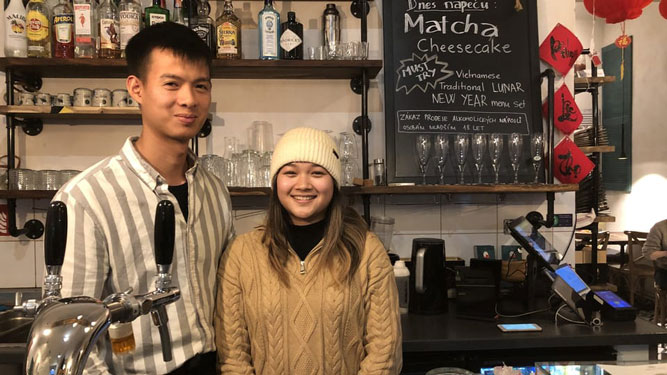
Mr. Hung Ngo Van and Ms. Linh Nhi Vu in their family restaurant. Photo: RADIO PRAGUE
Also coming to the Czech Republic as a labor cooperation worker in the late 1980s (under a program between the two governments) like Hung's parents, the parents of Linh Nhi Vu - Hung's girlfriend - experienced similar initial difficult days.
Ms. Linh Nhi Vu recalls: "When my parents first came here, they were workers. My father's first job was on a cow farm. My mother sewed clothes but a few years later switched to selling goods near the border like many people at that time."
Linh thinks her parents were very lonely and had a lot of trouble when they first arrived, partly because they didn't know the language, and partly because "back then the Vietnamese community wasn't as large as it is now." According to Radio Prague, the Vietnamese in the Czech Republic are currently the third largest minority community, after the Slovaks and Ukrainians, with nearly 31,500 people.
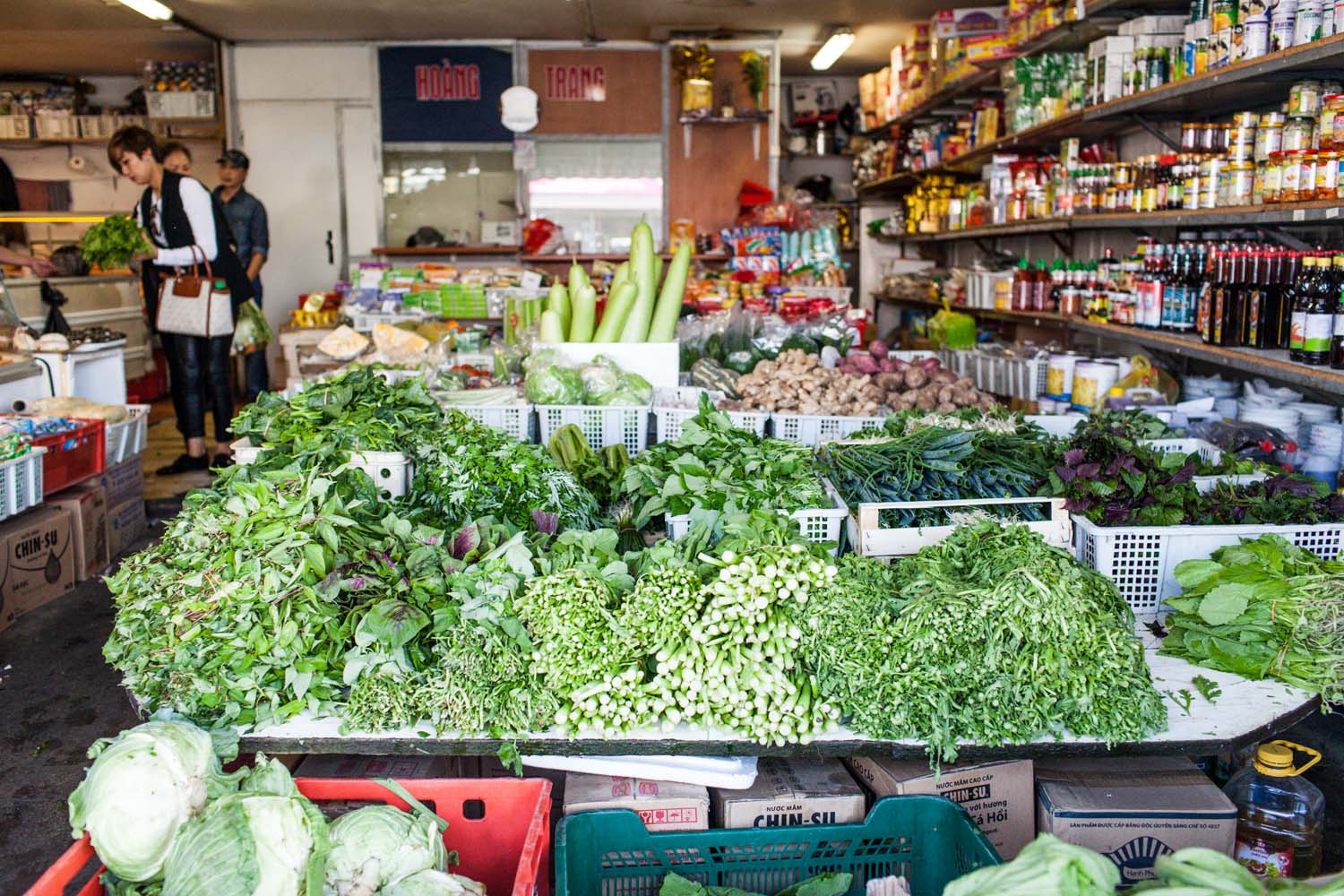
A corner inside the SAPA Shopping Center in Prague. Photo: tasteofprague.com
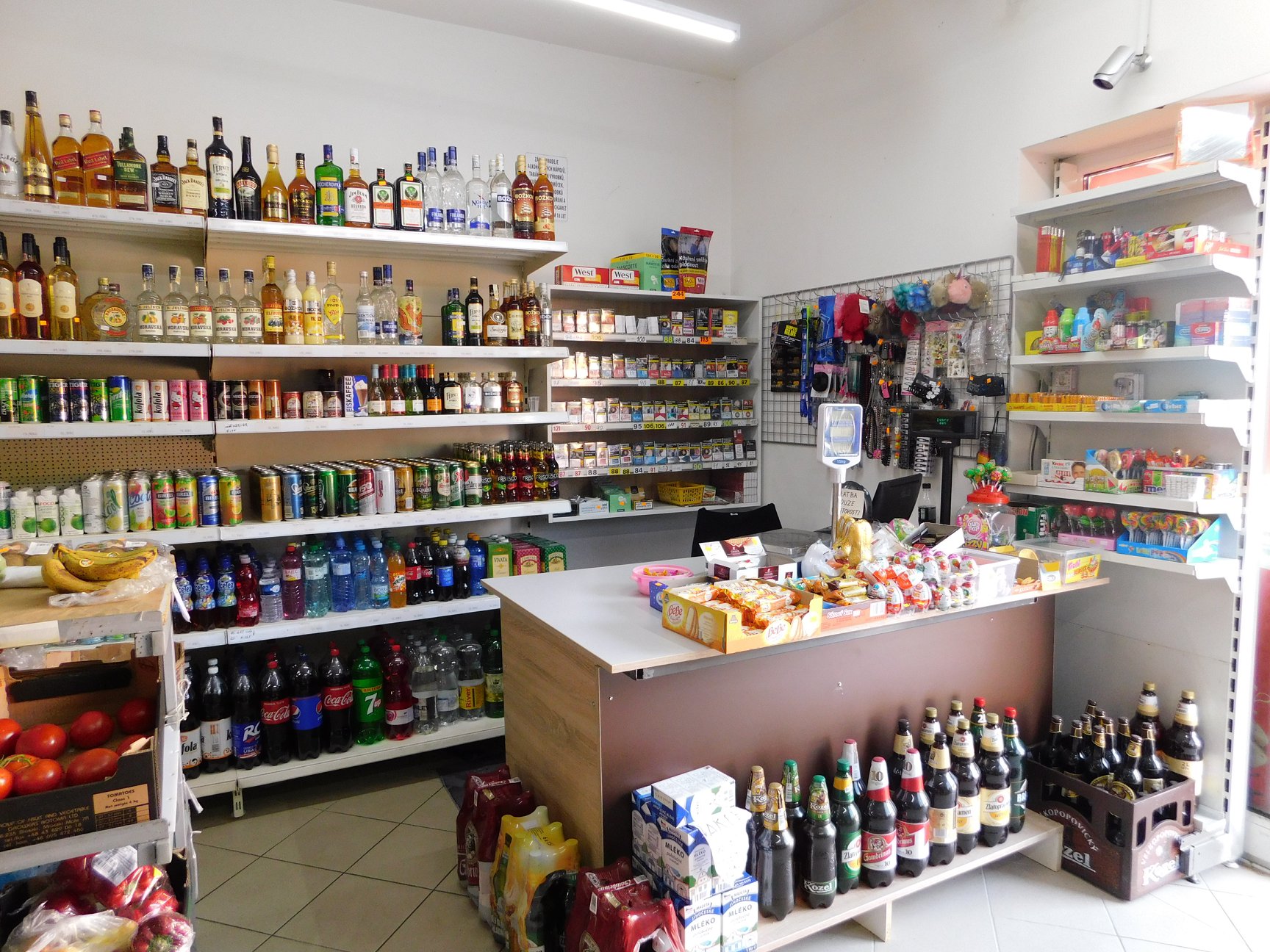
Vietnamese mini supermarket Photo: chaupraha.com
With the desire to build a better life in the Czech Republic, Vietnamese people work hard from dawn to dusk. Both Hung and Linh feel the hardship of their parents who have to work 15 hours a day.
"Waking up at sunrise, coming home at sunset. My parents had no other choice. That was the common denominator of most Vietnamese families building a new life in the Czech Republic at that time," Linh told Radio Prague.
Many parents only have time for their children on weekends, so they hire Czech nannies to take care of them. Inadvertently, nannies play an important role in connecting Vietnamese children with the local culture.
As Linh said, "the nannies helped us - second-generation immigrants - integrate into Czech society. They helped us learn Czech, taught us about Czech traditions and cuisine."
As for Hung, he "still feels Vietnamese", feels like he is a combination of two cultures: at home he is very much Vietnamese, and when he goes out he is surrounded by the Czech language and people. Second-generation Vietnamese in the Czech Republic like Linh and Hung are proud of their "dual identity" and feel richer because of it.
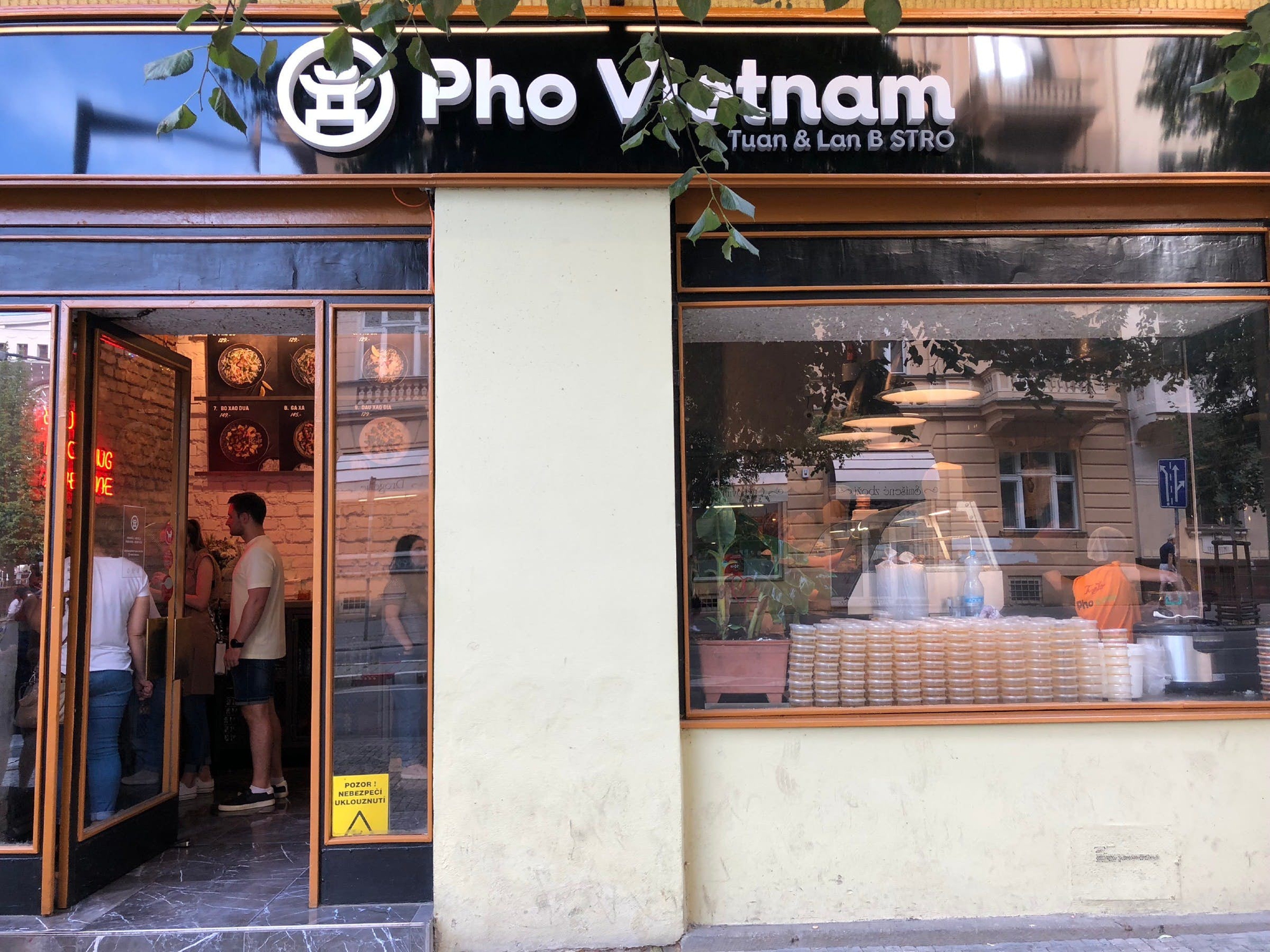
Vietnamese pho restaurant in Prague, Czech Republic Photo: Veronika Primm/Lonely Planet
Source


![[Photo] Looking back at the impressive moments of the Vietnamese rescue team in Myanmar](https://vstatic.vietnam.vn/vietnam/resource/IMAGE/2025/4/11/5623ca902a934e19b604c718265249d0)
![[Photo] "Beauties" participate in the parade rehearsal at Bien Hoa airport](https://vstatic.vietnam.vn/vietnam/resource/IMAGE/2025/4/11/155502af3384431e918de0e2e585d13a)




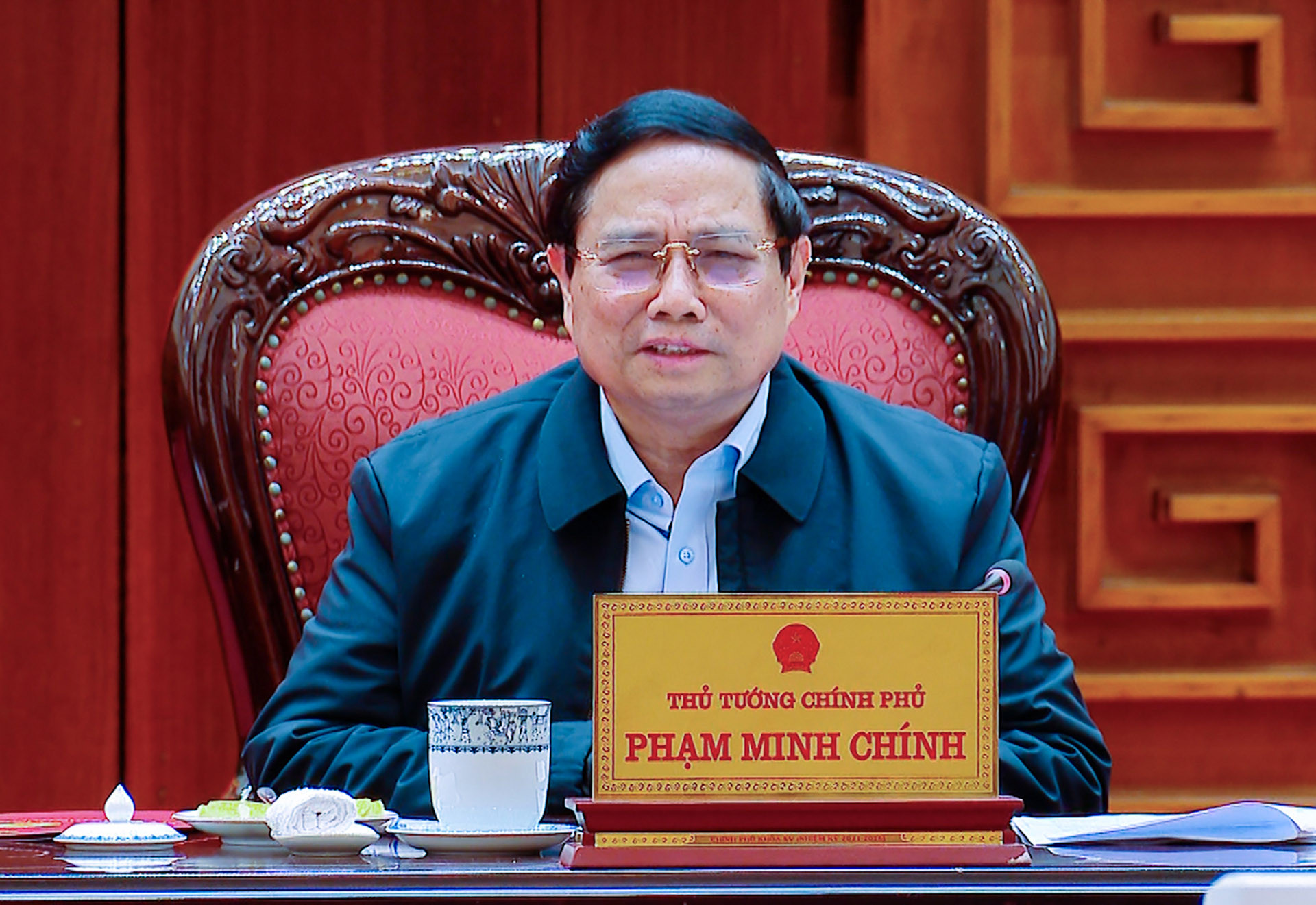



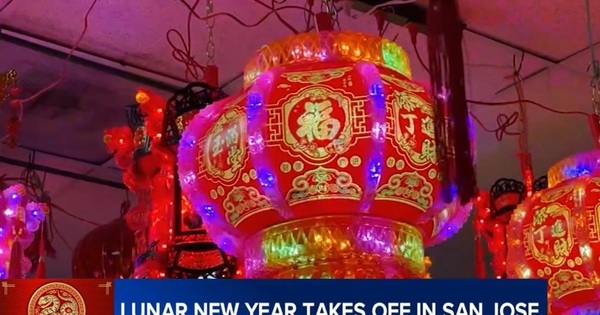
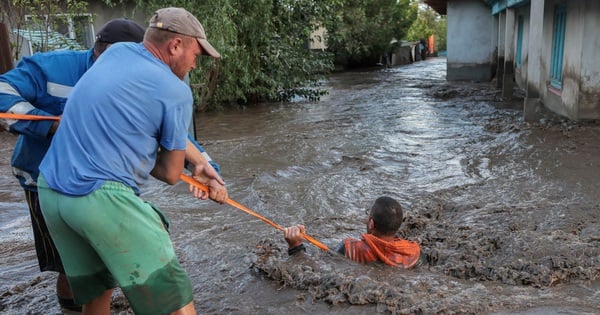

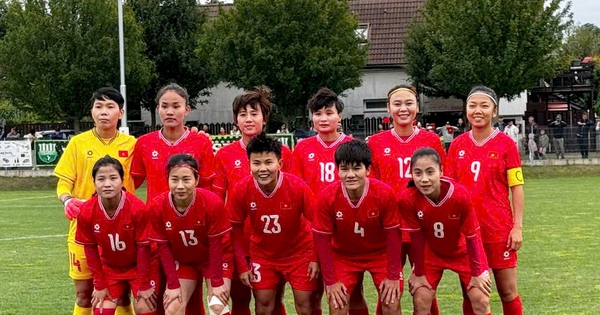


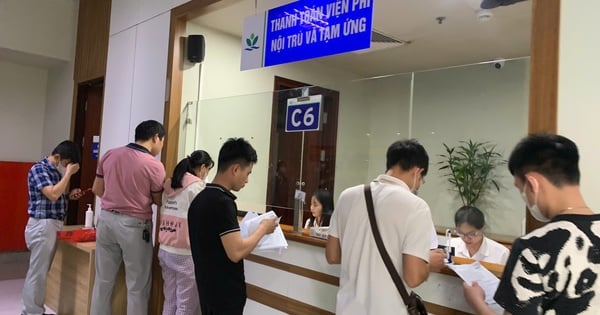
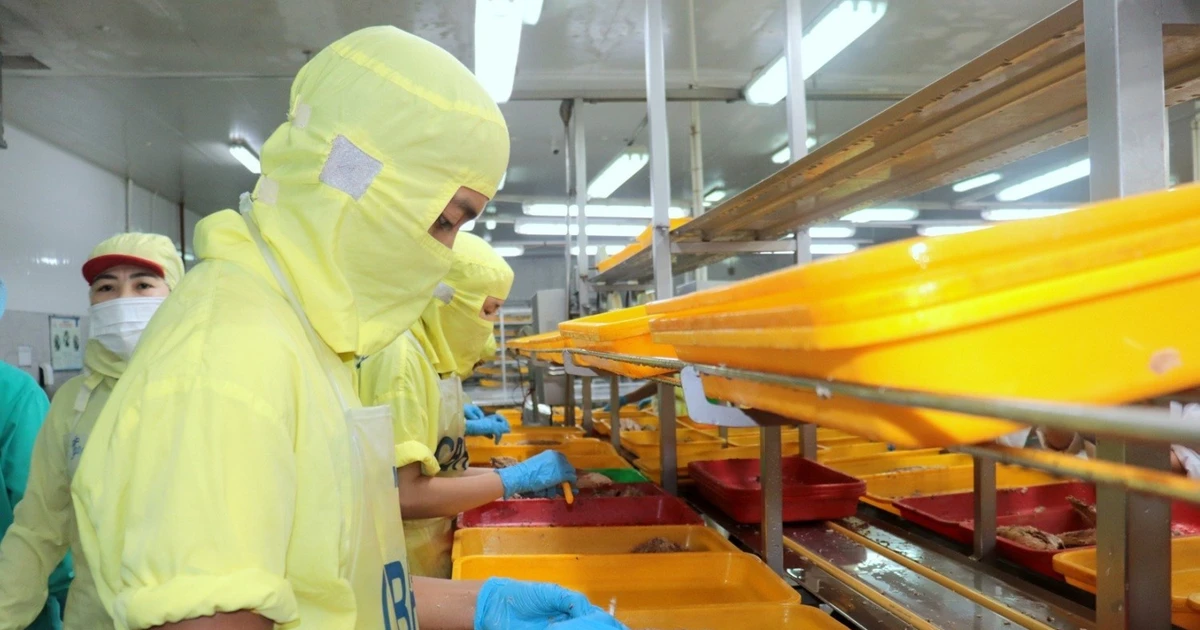

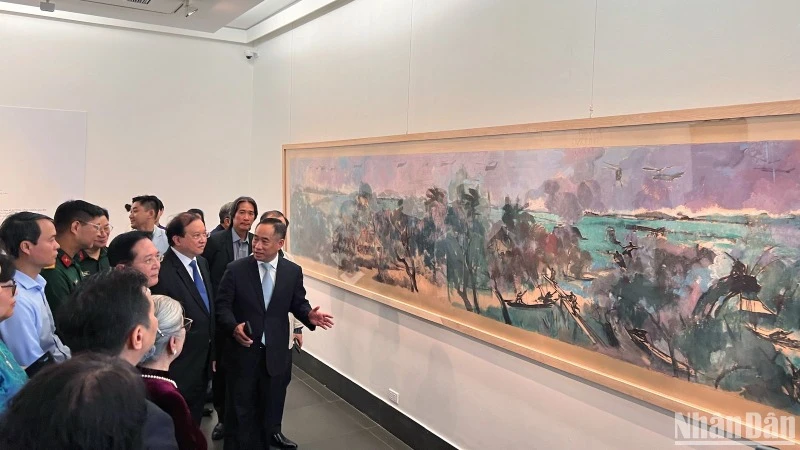

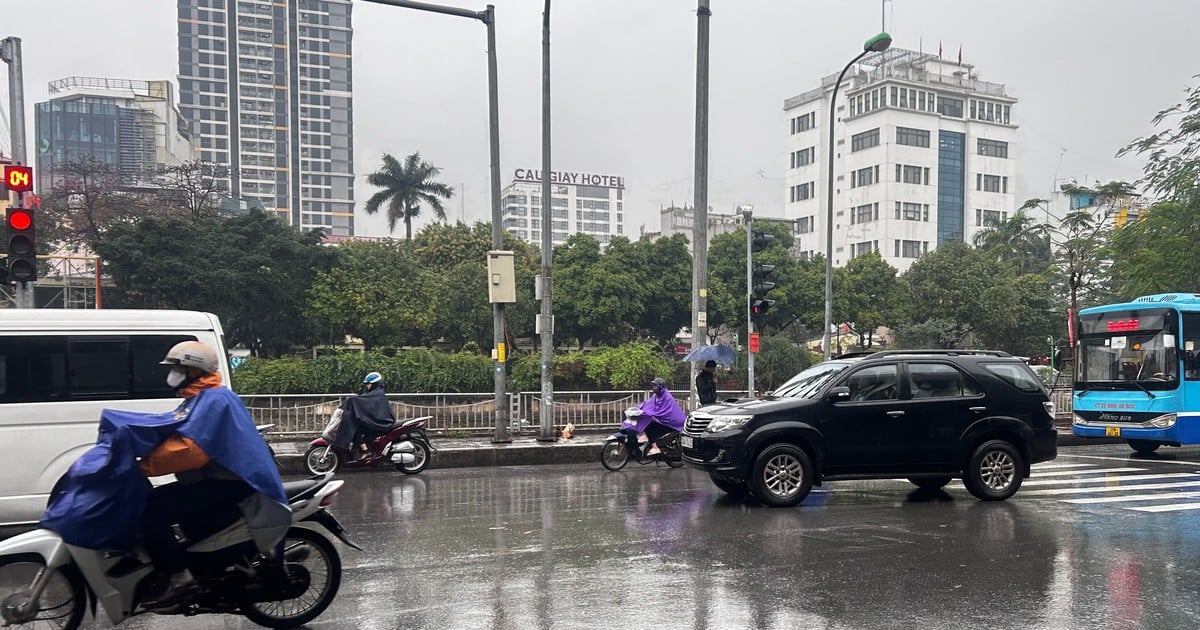



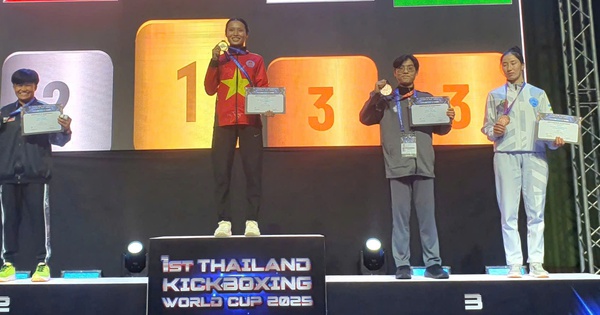





![[Photo] Summary of parade practice in preparation for the April 30th celebration](https://vstatic.vietnam.vn/vietnam/resource/IMAGE/2025/4/11/78cfee0f2cc045b387ff1a4362b5950f)








































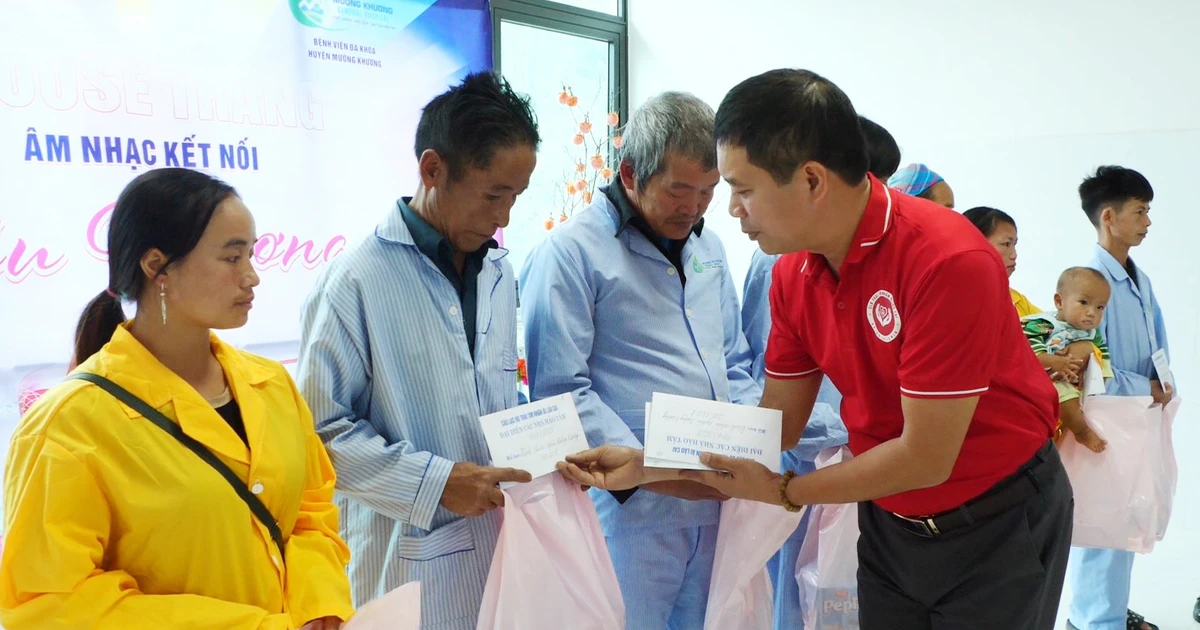



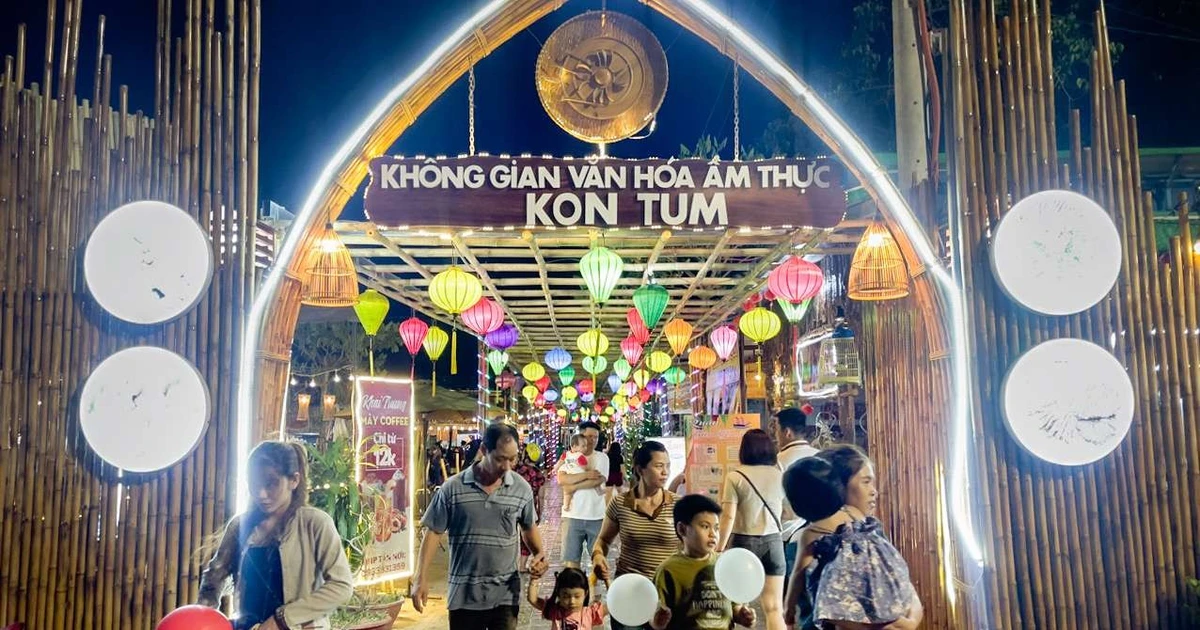














Comment (0)